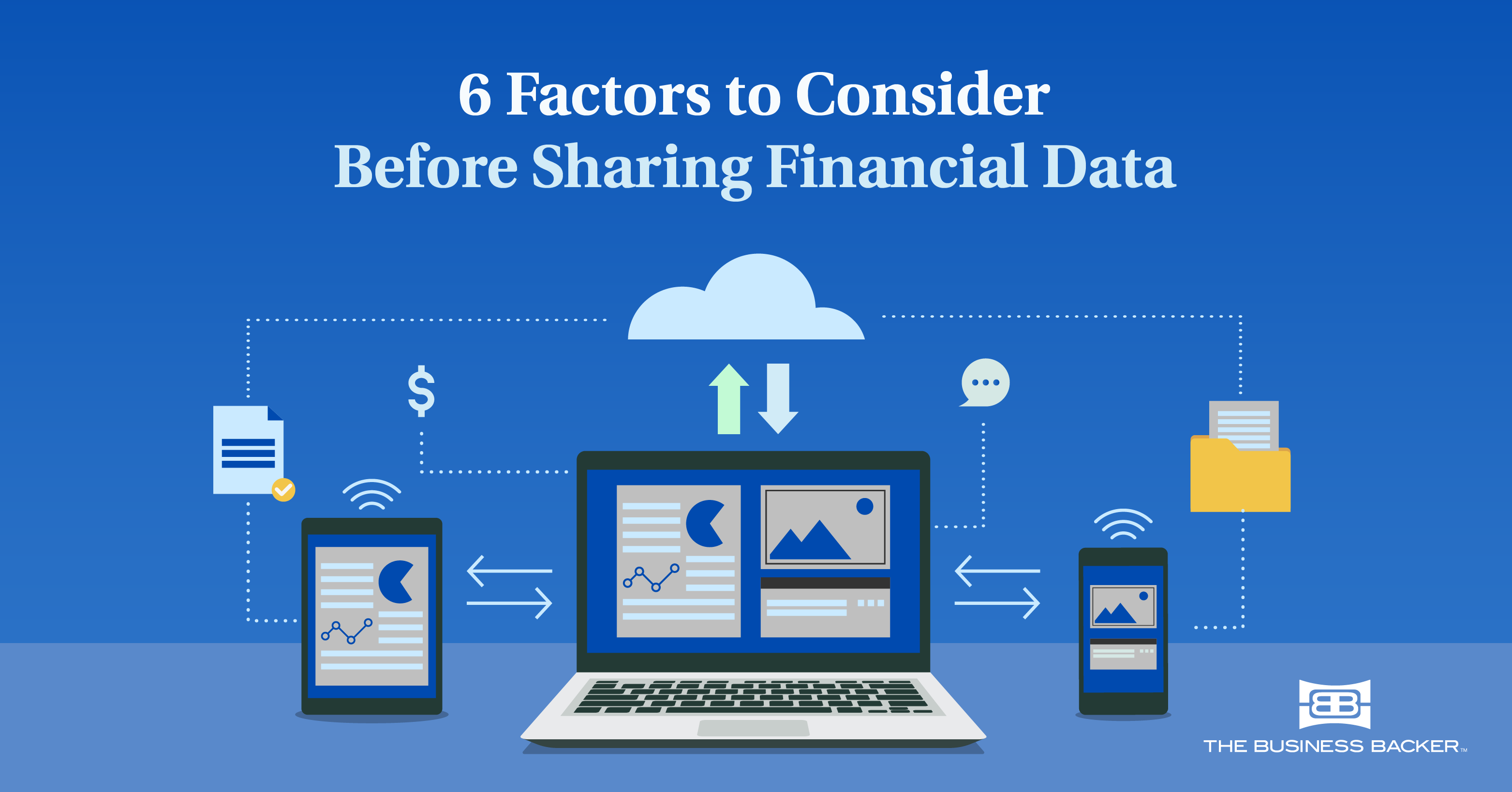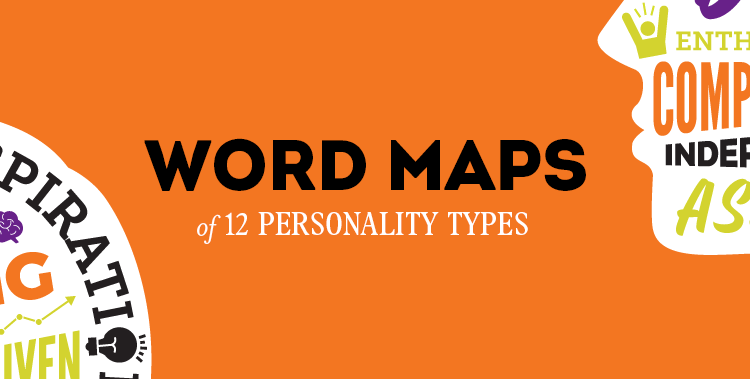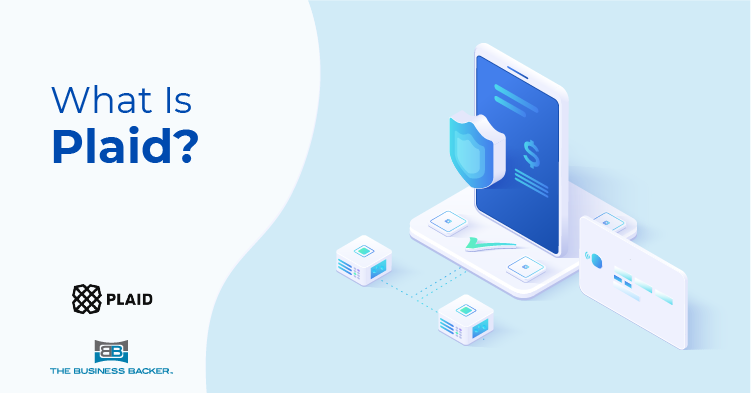What to Consider Before Sharing Your Financial Data
Financial technology allows small businesses to work more efficiently, from bookkeeping and payment apps, to accounting software and credit services like online lenders and credit card providers. However, with the rise in financial technology services comes other concerns, like the privacy and protection of sensitive data.
While reputable financial companies take measures to secure your data, it’s a good idea to make sure any company, app or product you use is trustworthy before you provide any of your sensitive information. Consider the following factors in advance of sharing your personal and/or business’s sensitive financial data.
1. Data Security Measures
Financial service providers, including investment apps, person-to-person payment software and online lenders, must have measures in place in order to protect sensitive data. Financial technology services may employ a variety of security measures and/or use a multi-layered approach to protect sensitive data, including:
Encryption: Look for companies that employ end-to-end encryption to shield and encode sensitive data, where applicable.
Multi-factor authentication: Whenever possible, use two- or multi-factor authentication to add an additional layer of login security and prevent unauthorized account access.
Use the latest version: If you use financial apps or software, download and/or update to the latest version. Software publishers often renew apps and other services, which may include security enhancements and other important updates.
Secure connection: Use secure websites and official apps only. Avoid accessing any sensitive financial information on unsecured and/or non-password protected networks, such as public Wi-Fi.
2. Reputability of the Company
Consider the reputation of the company, app or financial service provider before sharing your data. Aim to only work with proven, trustworthy companies that have a solid financial background. Look for reviews on third-party websites, app stores and/or other media to learn about real customer experiences if you’re unfamiliar with a certain company or brand.
3. Why You’re Sharing Your Data
Financial apps, lenders and other services should disclose a reason why they’re requesting your data. Make sure that you’re comfortable with how this information will be used. For example, a bookkeeping app generally requires ongoing access to a business bank account in order to analyze details of your finances, record payments and/or create statements and reports. On the other hand, an online business lender generally requires details of a business’s finances, in addition to other documents, in order to make a responsible credit application decision.
4. What Information You’re Sharing
Similar to the above factor, consider the actual data that’s being requested. Is the information within the scope of the purpose of the app or service? For example, a budgeting app generally needs access to a business bank account, while an online lender may have additional documents required for a business loan, like bank statements, financial statements and other reports.
5. How Your Information is Stored
Financial service providers may store sensitive information for a specified time period, so it’s a good idea to review any data storage policy that applies to your situation. You can typically find more information about data storage policies on a company’s website, app and/or privacy policy.
6. Whether Your Information Will Be Shared
Financial services may utilize and/or partner with third-party technology to enhance security, expedite the sharing of data and deliver a better customer experience. The Business Backer uses Plaid, a leading data transfer service, for a secure and reliable application process.
Reputable companies who partner with third-party companies should make this information clear before requiring your information or sharing sensitive data.
The information in this article is provided for educational and informational purposes only, without any express or implied warranty of any kind, including warranties of accuracy, completeness or fitness for any particular purpose. The information in this article is not intended to be and does not constitute financial, legal or any other advice. The information in this article is general in nature and is not specific to you the user or anyone else.





